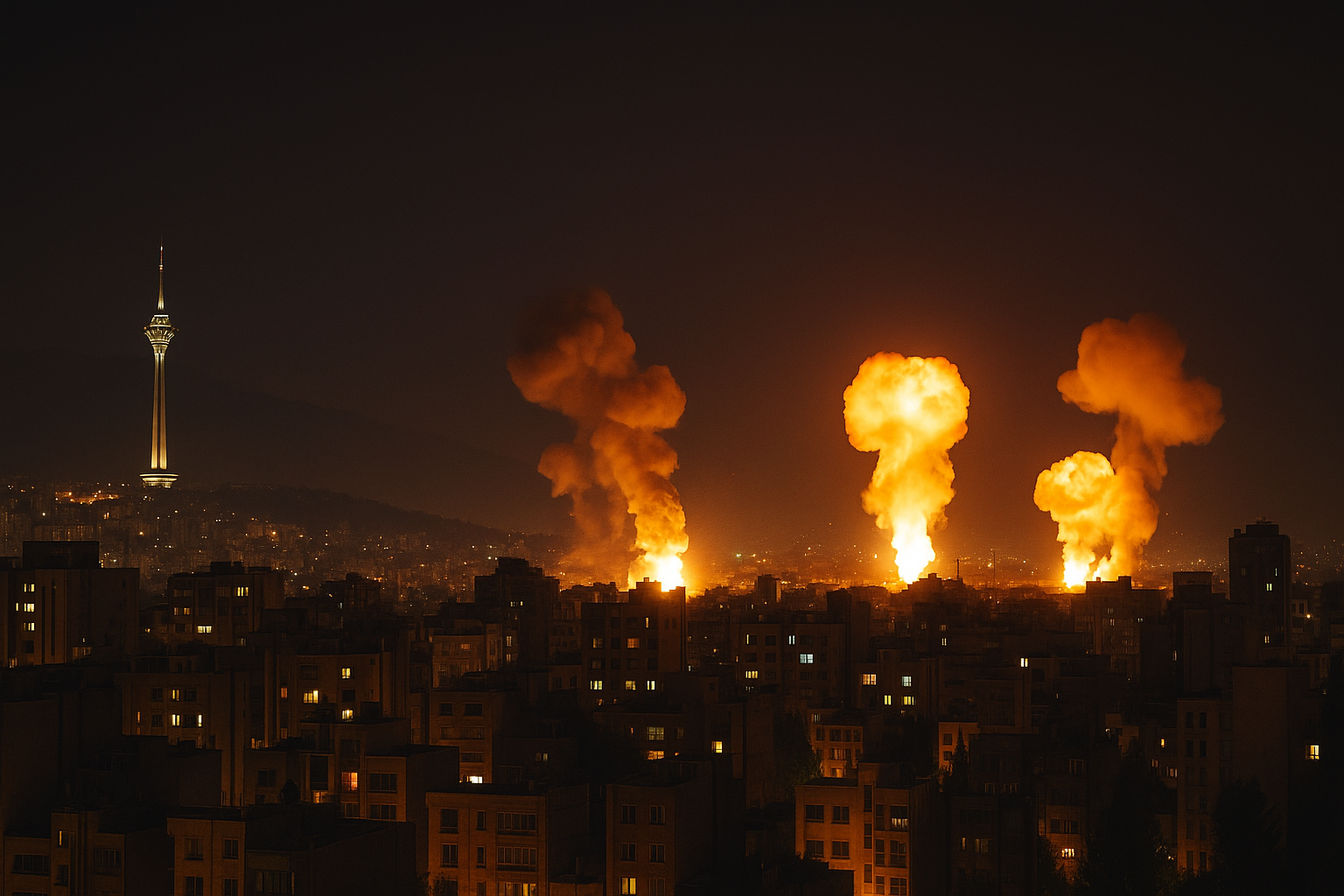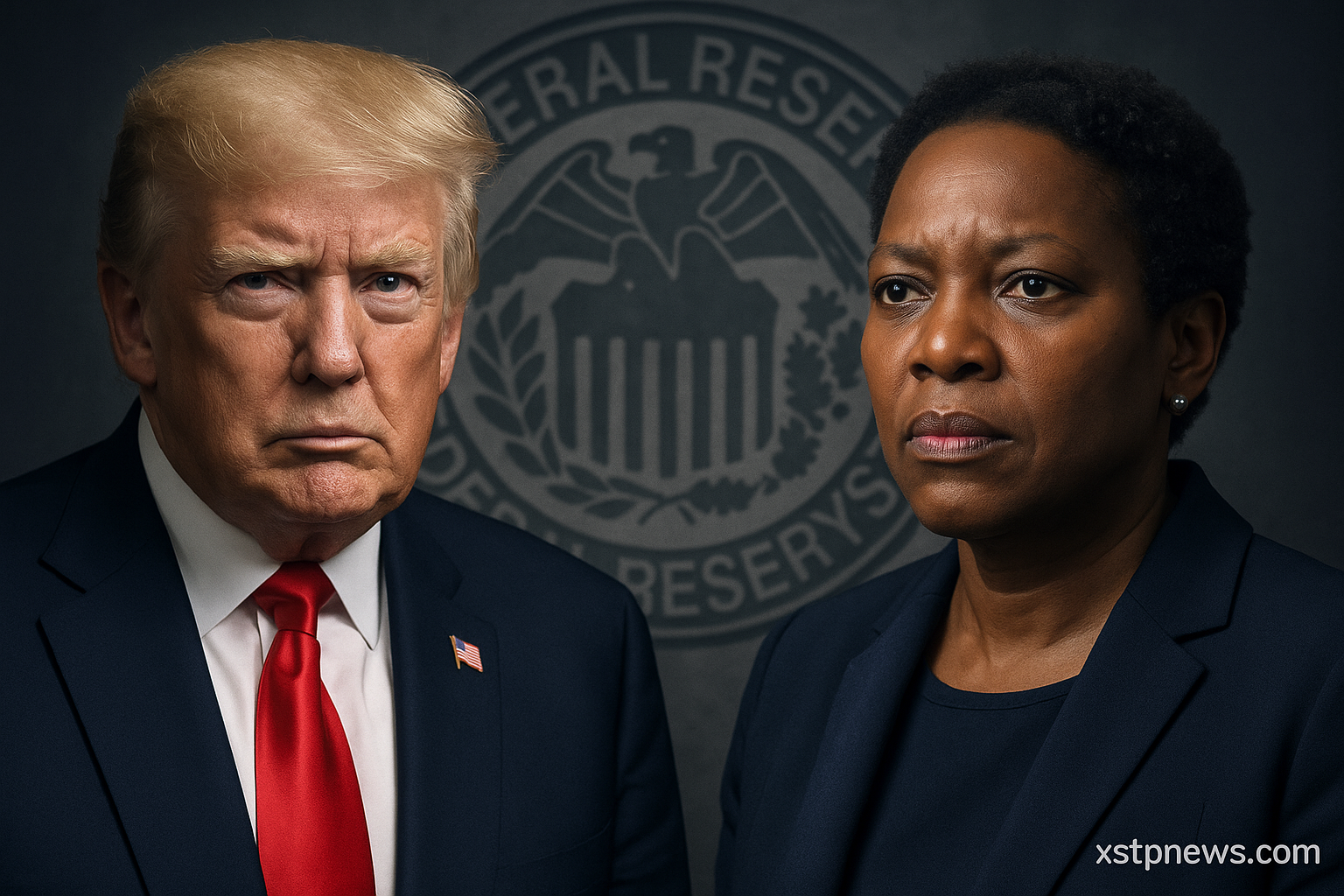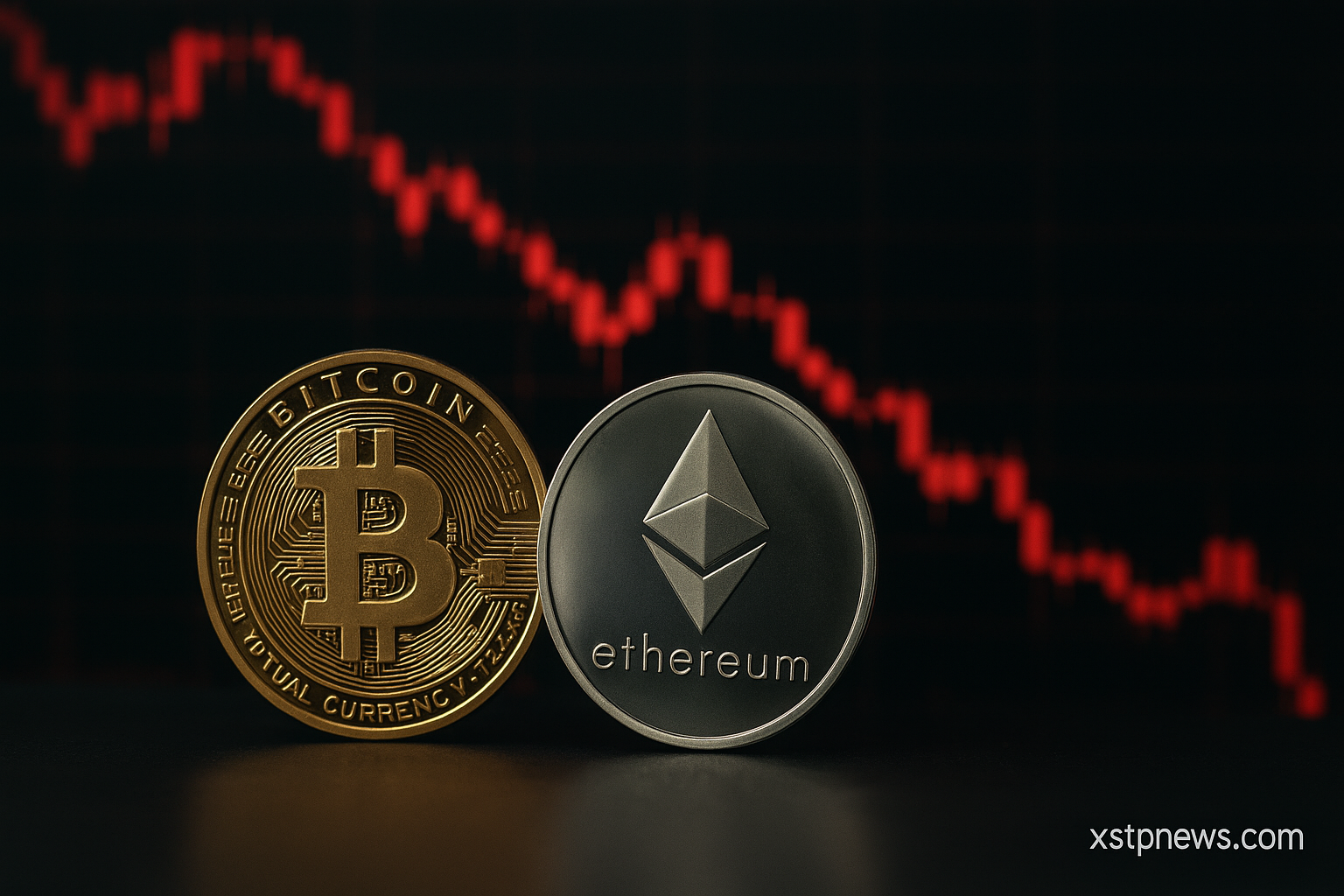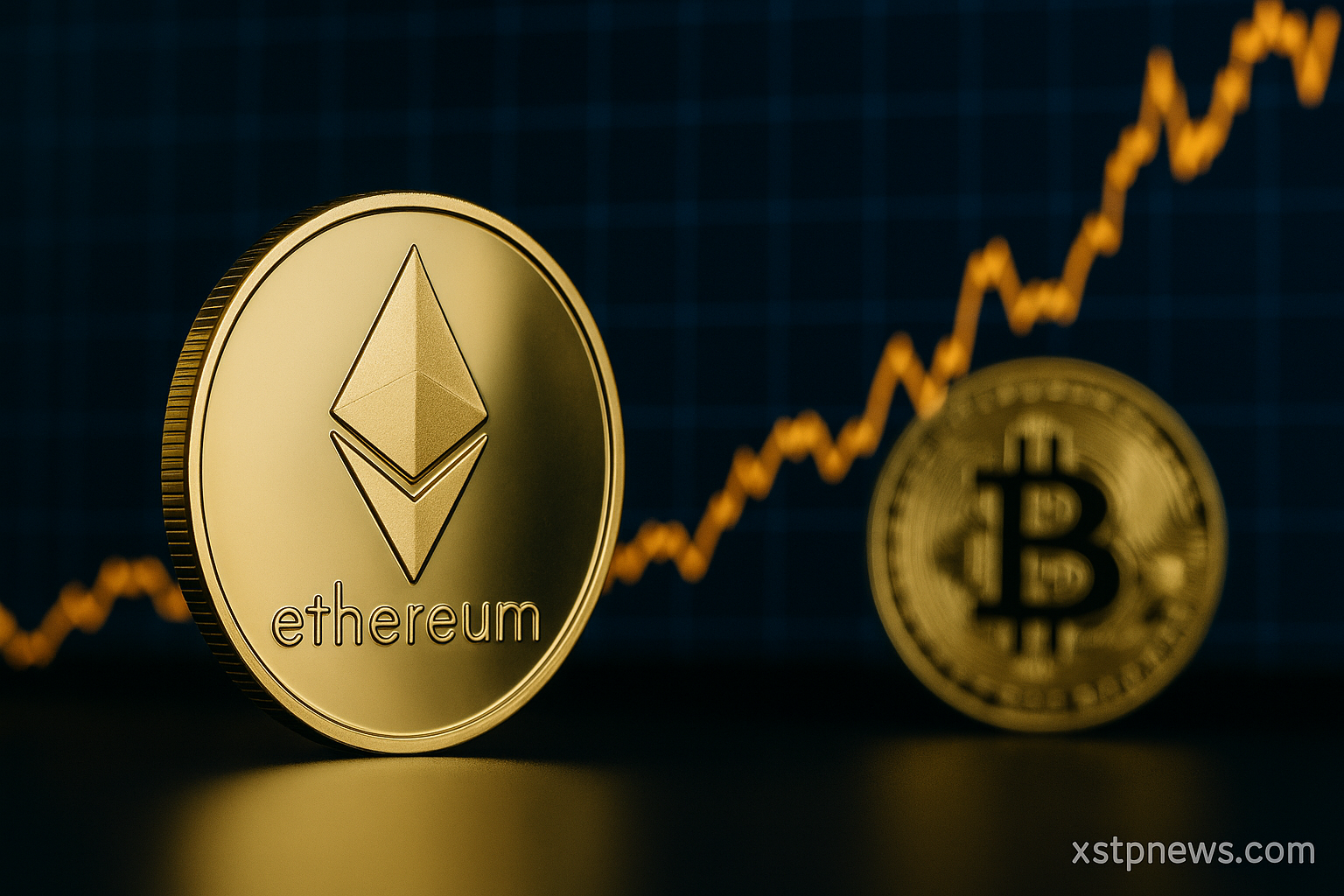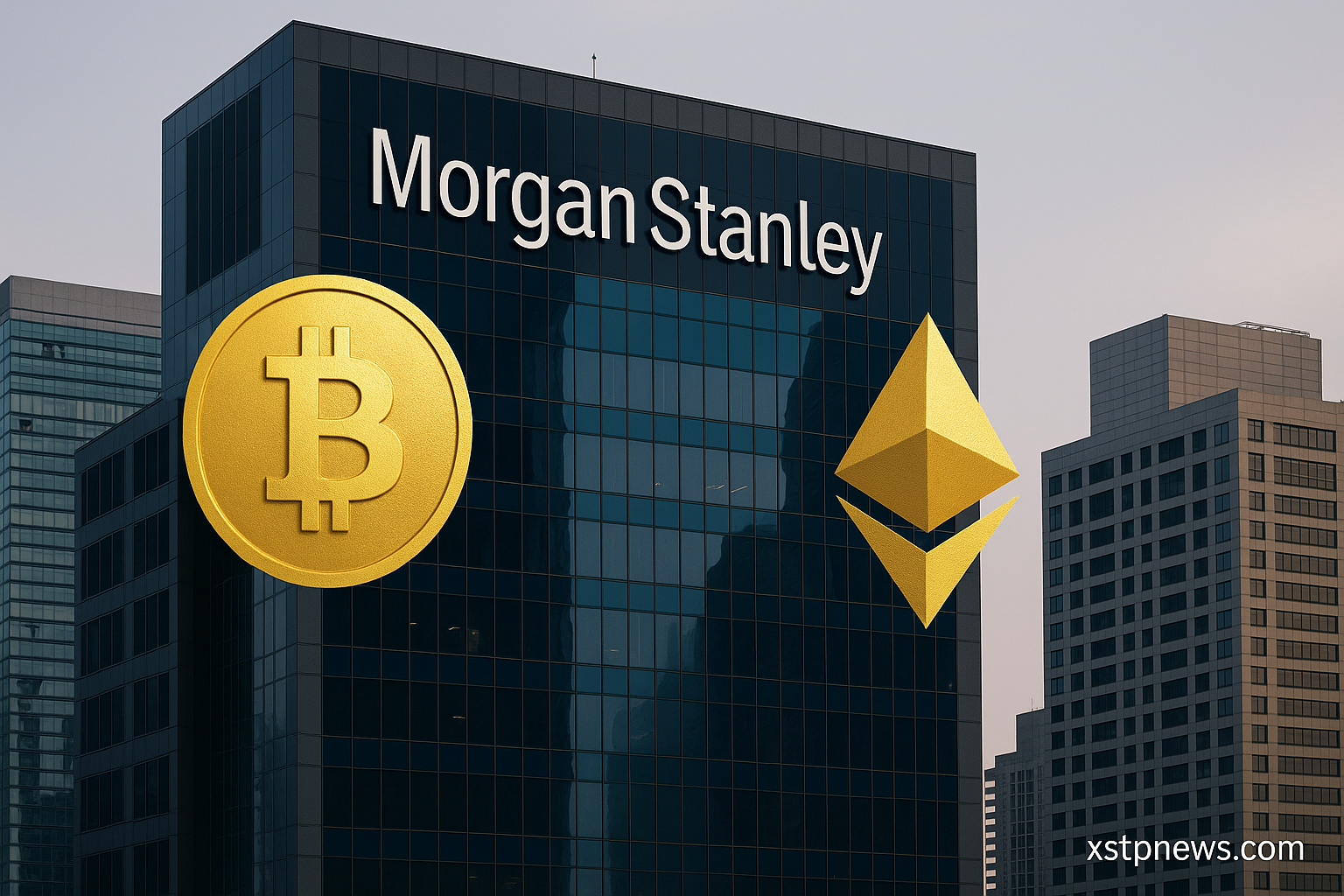The day the world held its breath again
It was just after 3:00 a.m. in Tehran when the first explosions lit up the sky. In a coordinated offensive, the United States and Israel struck key Iranian nuclear facilities. The operation, codenamed Midnight Hammer, targeted underground reactors and uranium enrichment sites. According to Washington, the goal was to delay Iran’s ability to produce a nuclear weapon.
A few hours later, Iran responded. Six missiles were launched toward the Al Udeid US air base in Qatar. All were intercepted. No casualties were reported. But the message was clear. The Persian Gulf is once again a flashpoint. And the global balance of power is shifting in real time.
Global leaders caught off guard
In The Hague, European heads of state were preparing for the NATO summit when news of the attack broke. French President Emmanuel Macron condemned the operation and called for an emergency session at the United Nations Security Council. European diplomats expressed concern that the United States acted without consulting its allies.
For many analysts, this marks the most aggressive American military action in the Middle East since the Afghanistan withdrawal. Instead of stabilizing the region, it may trigger a chain reaction that sets back years of quiet diplomacy. While Tel Aviv praised the strike as a national security measure, Russia and China criticized the move as destabilizing.
Oil prices respond instantly
About 20 percent of the world’s oil supply flows through the Strait of Hormuz. Any threat to that route shakes the entire energy market. Brent crude surged nearly five percent early Monday. Trading desks in Asia moved quickly. Risk models were recalculated. Hedges were triggered.
Goldman Sachs warned that if Iran attempts to disrupt maritime traffic, prices could surpass one hundred dollars per barrel. Global inflation, which had shown signs of easing, is now under renewed pressure.
More than missiles and markets
The consequences go beyond military strikes or oil spikes. Trust between nations is breaking down. Strategic alliances are being tested. Public opinion is polarizing. Financial markets are already reacting to deeper uncertainty.
This event does not exist in a vacuum. It represents a turning point. A global reminder that in a complex world, a single night can rewrite years of diplomacy.
Strategic reflections from June 23
This is not just another geopolitical event. It marks the start of a new cycle of risk, tension, and redefinition of influence.
Neutral countries such as Switzerland, Brazil, and India may emerge as key mediators in the days ahead. Cybersecurity, energy infrastructure, and food supply resilience are becoming critical areas of innovation. Startups and companies in these sectors must respond fast. Positioning today could define their relevance tomorrow.
June 23, 2025 enters history not just as a date but as a signal. A signal that global systems are being reshaped. That fragility is real. And that strategy, once again, matters more than ever.

